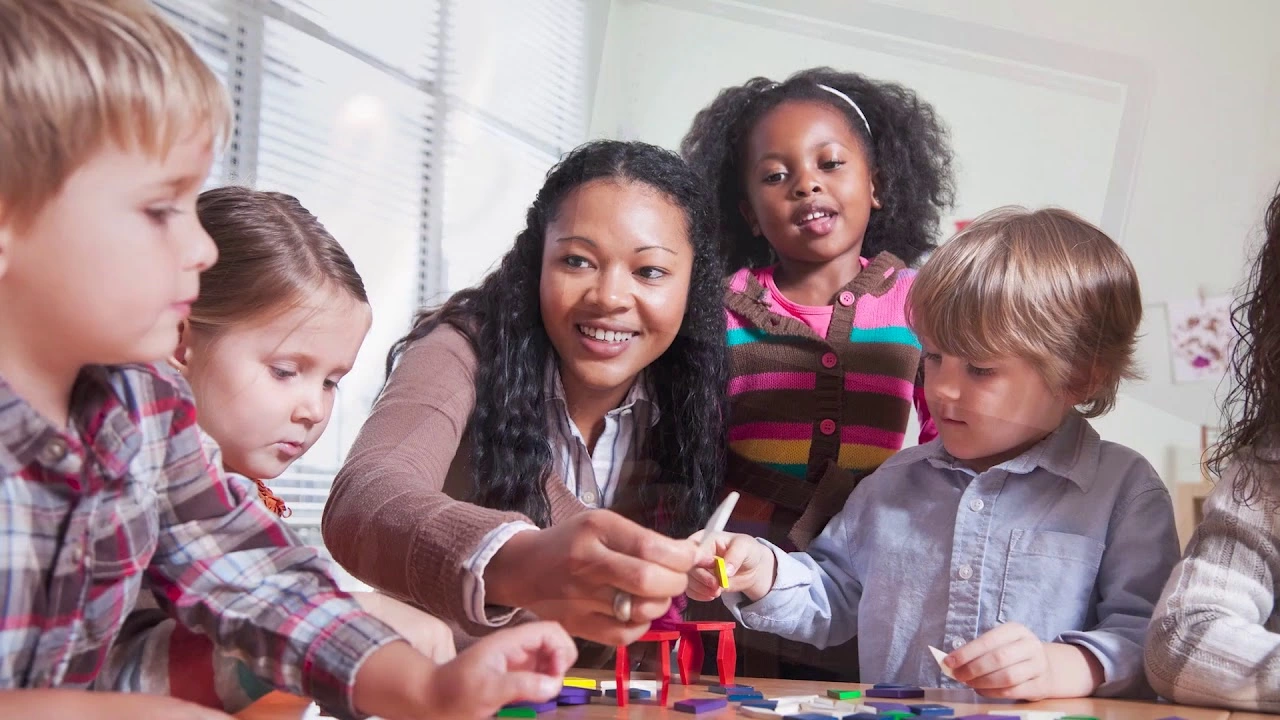
Understanding the Essence of Education
Just the other day, I was watching my son Lachlan and daughter Neve deeply immersed in various activities. Lachlan was battling off virtual enemies on his gaming console, while Neve was studying a snail on a leaf with the curiosity of a budding scientist. It got me thinking—how can we ensure that our children receive the right kind of education to supplement these natural curiosities and personal inclinations?
Education is not just about stuffing heads with facts and figures. It's meant to give our little explorers the tools they need to navigate their journey through life—the ability to solve problems, a sense of curiosity, empathy towards others, and a love for lifelong learning, among other things. Our end goal, as parents and educators, should be to mold them into confident, compassionate, and capable individuals.
Nurturing the Natural Curiosity
Ever noticed how kids do not simply absorb information but often seek answers with endless "whys" and "hows"? They endeavour to make sense of the world around them. This innate curiosity is a powerful driving force that ought to be encouraged. I remember one time when Neve asked why we change the water in our Siamese cat Bella's bowl so often. It led to a beautiful conversation on how all living creatures need and deserve clean environments.
We must cultivate an atmosphere of exploration and questioning instead of mere rote learning. We can amplify their learning experiences by providing answers that satisfy their curiosity or, even better, guiding them to discover the answers themselves. These lessons learned through exploration tend to stick longer in their minds.
The ABC's of Life Skills
I strongly believe that practical life skills are just as vital as academic knowledge. For instance, my little Lachlan recently learned how to make his bed and take our Golden Retriever Dexter for a walk. These tasks, though simple, offer children a sense of accomplishment and responsibility. They learn the importance of helping out in the household and taking care of living beings. Moreover, these skills help them become self-sufficient, which is crucial for their growth.
We should also focus on teaching our kids skills like managing money, solving conflicts, effective communication, and basic first aid, just to name a few. From my perspective, the school curriculum should be designed to incorporate these fundamental life skills in a fun and interactive way.
Fostering Creativity and Imagination
Did you know that some of the world's most successful people, like Steve Jobs and Albert Einstein, credited their success to imagination and creativity? It underlines the fact that creativity and imagination are not just about painting or singing, but also about innovative thinking and problem-solving.
While following the conventional education system, we shouldn’t forget to nurture these critical skills in our kids. From encouraging them to come up with creative solutions to problems or involving them in activities like painting, storytelling, or even planning a pretend mission to Mars, the possibilities are endless when imagination is the limit!
The Importance of Social-Emotional Learning
Emotional intelligence is imperative in the real world. It's not just about how much you know, but how you treat others and understand their perspectives. I've often noticed that our kids learn a lot from the way we react to situations or treat people around us. By setting good examples, we can guide them to become empathetic and compassionate individuals.
Furthermore, it's crucial to teach our kids to express their feelings and emotions in a healthy manner. And also, to respect the feelings and emotions of others. This will help them in dealing with different people and situations in their life journey.
Creating A Love for Lifelong Learning
Have you ever heard the term 'growth mindset'? It is the belief that one's abilities can be developed through practice and perseverance—kids with a growth mindset tend to be more resilient, motivated, and successful. One of the best gifts we can give our kids is the desire for lifelong learning and the understanding that it's okay to make mistakes—that's how we learn and grow.
As parents and educators, we should strive to create environments that foster this mindset. We need to put less emphasis on grades and more on the efforts made. We should recognise their small victories and progress, encouraging them to love the process of learning and growing.
In conclusion, the kind of education we need to provide our children should not be limited to the traditional confines of academia. It should encompass a wide variety of skills to shape them into well-rounded individuals. Remember, our children are not just future doctors, engineers, or artists, but they are the future citizens of the world. And as parents, we all want the best possible world for them.